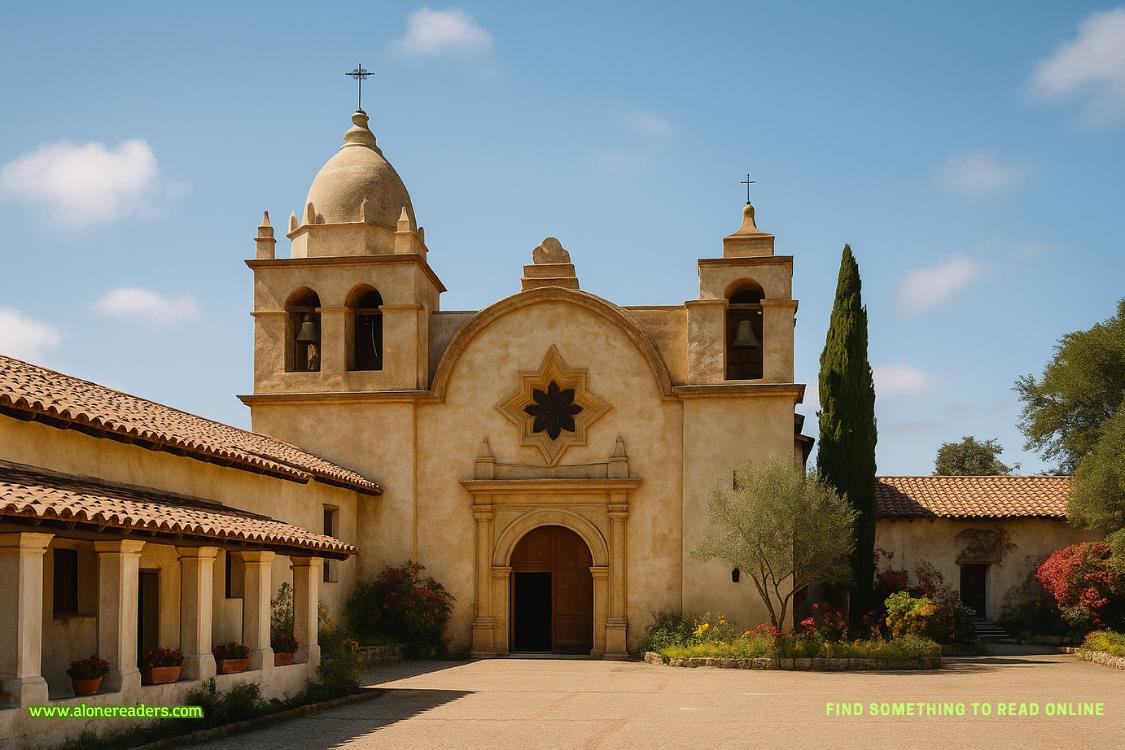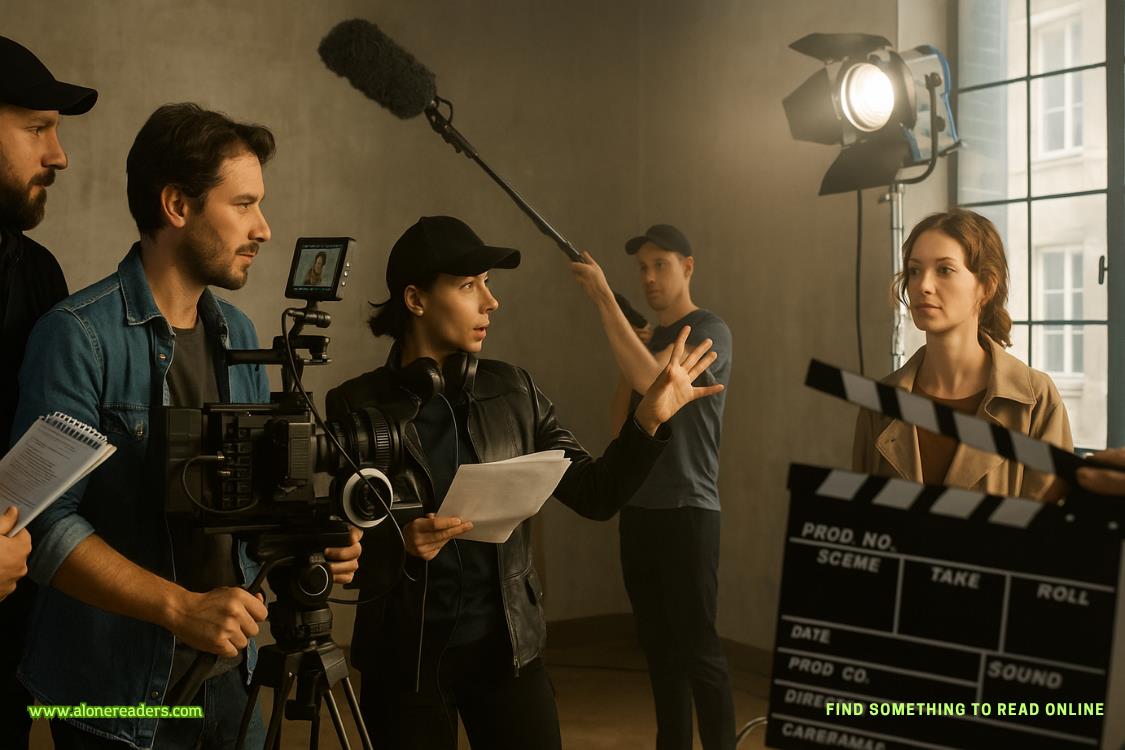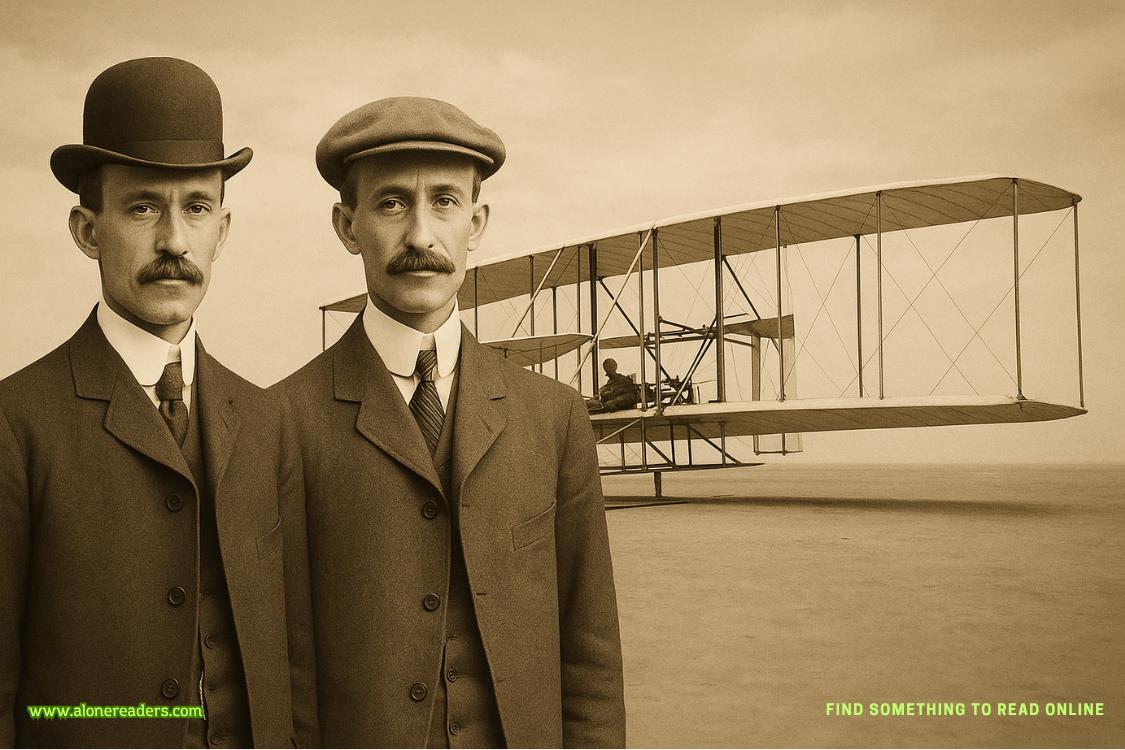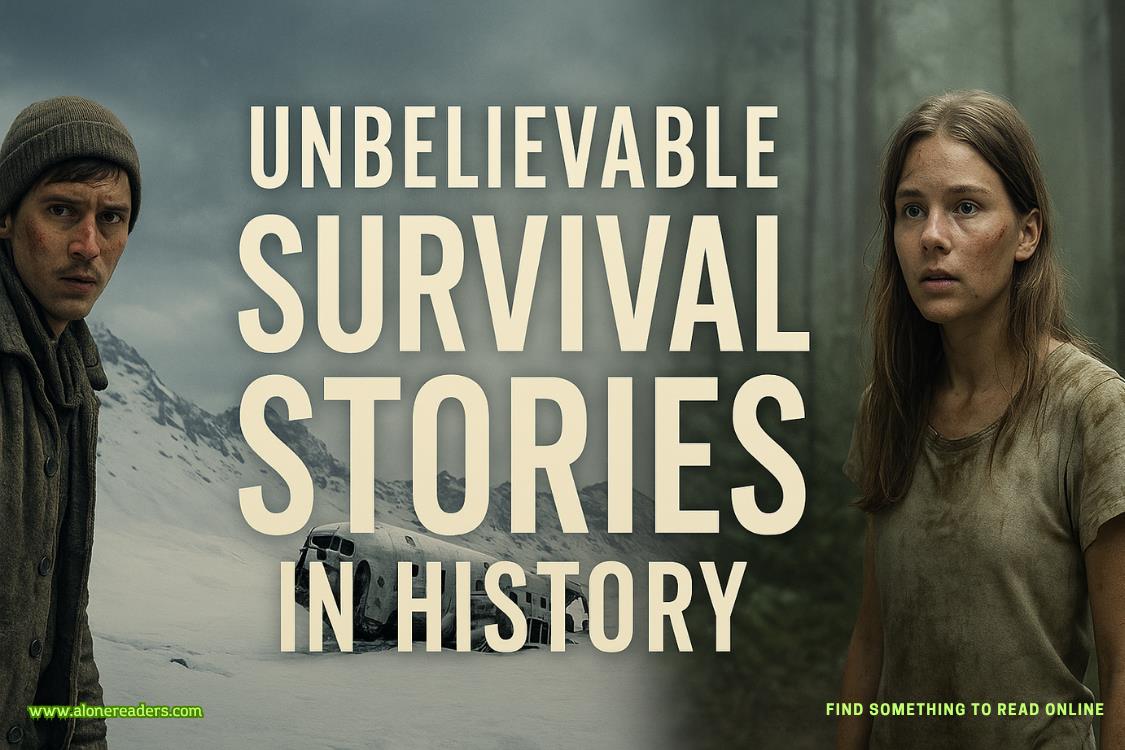Page 8 of King's Man
And thank the Lord for that; it had been a long three months in London.
As he watched, Farris picked his way along the busy street, stopping just a hundred yards or so past Temple Bar to squint up at one of the many coffeehouses lining the road. Squashed between two modern buildings, its ancient gabled roof and white plaster and black wood façade marked it out as a relic — a survivor of the Great Fire that had ravaged the city over a hundred years earlier. The sign above the door read ‘The Rainbow Coffee House’.
Checking his pocket watch, Farris stepped forward and disappeared inside.
Nate stayed where he was for another few moments, giving Farris time to get himself settled inside, then slipped out of the shadow of the gate and along Fleet Street. He took a moment to focus before he went inside, stooping his shoulders into the slightly hunched and diffident posture he adopted when he took on the role of Farris’s browbeaten lawyer, and prayed that his days of groveling to the bastard would soon be over.
Warm air, rich with the aroma of coffee, greeted Nate as he pushed open the door, along with the lively chatter you’d expect in a place mostly frequented by lawyers and judges. Behind the long bar at the back of the room, a woman flirted as she took orders, while boys and girls wove their way between the tables with steaming cups of coffee, chocolate, or — for those flush in the pockets — tea. Nate handed over his tuppence at the bar and made a show of looking about for a free table. “You’re busy this evening,” he observed to the woman serving.
“Yes, sir. Always busy when it rains.”
He imagined they did good business then because it had been raining in London all damn summer.
It didn’t take him long to spot Farris, his braying laughter loud enough to carry over the clamor of conversation. He was a nondescript man on first acquaintance — eyes, hair, face all colorless — but his weak chin and threadlike top lip gave him an amphibian appearance that Nate, childishly, found comical. Fortunately, Farris’s loathsome personality kept Nate’s amusement in check.
Today, Farris was in his element, evidently proud to bursting to be in the company of the man who sat across the table they shared near the window. John MacLeod, properly addressed as Lord Marlborough, was a large man, broad shouldered and big bodied. Perhaps he’d been handsome once, but the years had not been kind. Now he looked like exactly what he was: an English aristocrat who’d spent too many years indulging himself beneath the fierce West Indian sun. Thick around the middle, tanned and leathery of face, he held himself with an arrogance that bordered on aggression. A man to whom violence came easily.
Nate loathed him.
Bracing himself, he made his way towards the two men. They were deep in conversation.
“…and now Massachusetts, too,” Marlborough growled.
“I always said it would happen,” Farris agreed. “I said, ‘What’s the point of overturning one interfering damned government, if you set up another one to poke its nose into a man’s business?’”
This was a familiar gripe from Paul Farris. He was of the firm opinion that the thirteen new states should be left to their own devices now that the British had withdrawn, and that the new Continental Congress was a sinister organization intent on gathering power to itself.
MacLeod was about to reply when he noticed Nate’s approach. His small eyes squinted into pinpricks. “I say, Farris, isn’t that your man?”
“What?” Farris looked over. “Damn my eyes, Tanner, what are you doing here?”
“Sir,” Nate said, offering a suitably obsequious bow. “Lord Marlborough. What an unexpected pleasure. I’ve been visiting an acquaintance in Middle Temple and stopped in for refreshment before returning to my lodgings. Allow me to wish you a good evening, gentlemen, but I shan’t intrude upon your privacy.” He turned to go, then made a show of being struck by a brilliant idea. “Unless you’re discussing business, sir? In which case, please allow me to offer my usual services should you require any notes taken.” He tapped his haversack with an ingratiating smile. “I’m quite equipped to work, and you know you can rely on my absolute discretion.”
Farris puffed up as he always did when able to demonstrate that he had a lawyer at his disposal. “As it happens, wearediscussing business matters. What say you, my Lord? Tanner can take a note of what we agree and put it into legal language.”
Really, his vanity was too easy to manipulate.
“I have my own lawyer,” MacLeod said, glancing at Nate with indifference. “Your man can draft something for him to look over, but it’ll have to wait until I return to London. I leave for the country tomorrow. Viscount Rowsley and his set are joining me for a few days. Do you know Rowsley?”
“Only by reputation, my Lord.” Farris made an impatient gesture for Nate to sit down. “But I hear he’s quite the hellion.”
“Oh yes. And he plays deep.” MacLeod smirked. “Very deep indeed.”
As they talked, Nate pulled up a stool and withdrew his writing materials just as one of the coffee boys brought him his drink. He tipped the lad a ha’penny, set the cup to one side, and got ready to work.
“Well then,” Farris said, returning to the matter at hand, “we were speaking of the risk to your business, my Lord, presented by —”
“Not just my business. Yours as well.”
“All business,” Farris agreed. “Damned abolitionists are everywhere: Vermont, New Hampshire, and now Massachusetts. It won’t be long before they start attacking the African trade directly. The New England interest is too strong in the Continental Congress.”
“Congress,” MacLeod spat. “Are they bent on ruining America? You’ve already got no effective currency and no access to the West Indies, or to the rest of the imperial market. If they try to strangle the African trade too…” He made a little explosive gesture with his fingers. “How long do they think the plantations will survive without a ready source of labor? And how long do they think America will survive without the plantations? Not long, that’s for damned sure.”
“The question is,” Farris said, “what can we do about it?”
MacLeod was silent for a moment. “In the short term, we take matters into our own hands. You have ships, use them to break the British embargo. Damned if they’ll stop me from sending my own damned rice from the Carolinas to my Antiguan plantation.”
Farris inclined his head. “For a fair price, my Lord, my ships are at your disposal. I’ve always favored free trade.”
- His to Command by Emma Bray
- Detention with Daddies by Sofia T. Summers
- Daddy's Heart by Dani Wyatt
- Tarnished Hands by T.L. Smith
- The Way We Win by Tia Louise
- Tracked By Hound by Cassi Hart
- Until Presley by E.M. Shue
- Love in Excess by N. Slater
- The Madness Within by Raja Savage
- Greek's Enemy Bride by Caitlin Crews
- Taken by Lena Little
- Maddox by Piper Stone
- Property of Madman by Sapphire Knight
- Sacrificing Zoriah by Emily Klepp
- Omega's Triplets by J.L. Wilder
- Tag by Natalie Bennett







